
What are the current trends and innovations in the organic tequila industry?
What are the current trends and innovations in the organic tequila industry?
Tequila has been captivating the world for generations. In recent years, the organic tequila industry has experienced a remarkable transformation. From innovative production methods and marketing strategies to changing consumer preferences, the world of tequila is evolving like never before. In this blog, we will explore the current trends and innovations shaping the organic tequila industry.
- Premiumization and Craft Tequila
One of the most significant trends in the organic tequila industry is the surge in premium and craft offerings. Consumers are increasingly seeking higher quality and more sophisticated tequilas, moving beyond the once-popular shots and margaritas. Premium tequilas often have a more complex flavor profile and are made with the utmost care and attention to detail. Craft distilleries such as AgaveLuz Organic Tequila have emerged, focusing on small-batch production and traditional methods, which result in tequilas that are often compared to fine wines or aged spirits. The premiumization trend has also led to the rise of aged tequilas, including reposados and Añejo’s, which are aged in barrels for varying periods. These aged expressions offer a deeper, richer flavor profile that appeals to connoisseurs and collectors. - Terroir and Single-Estate Tequilas
Just as terroir plays a vital role in the world of wine, it is becoming increasingly important in tequila production. The concept of terroir refers to the unique environmental factors and growing conditions in a specific region, which can impact the flavor and character of agave. Producers are now highlighting the influence of terroir on their tequilas and even designating specific regions or estates, similar to wine appellations. Single-estate tequilas are gaining popularity, showcasing the distinct flavor nuances that arise from the agave’s specific place of origin. Brands like Ocho Tequila and AgaveLuz Organic Tequila are known for their emphasis on terroir and their commitment to preserving the integrity of the agave’s unique flavors. - Sustainable and Organic Practices
Environmental sustainability is a growing concern in the spirits industry, and tequila is no exception. Many tequila producers are adopting eco-friendly practices, including organic agave farming, responsible water usage, and waste reduction. Sustainable tequila production aims to conserve resources, protect the agave plant, and ensure the long-term health of the environment.Some distilleries, such as Tequila Alquimia and Casa Noble, have achieved organic certifications, demonstrating their commitment to producing tequila in harmony with nature. These brands emphasize both the quality of their tequila and their dedication to eco-conscious practices. - Agave-Diversity
Blue Weber agave is the most commonly used agave species for tequila production, but the industry is showing increased interest in agave diversity. Producers are experimenting with different agave varieties to create unique tequila expressions. Agaves like Tobalá, Espadín, and Tepeztate are being used to craft mezcal, but they are also finding their way into tequila production, offering a range of flavor profiles and characteristics. This trend fosters exploration and innovation within the industry and opens up new possibilities for flavor diversity in tequila. Brands such as Cazadores and Maestro Dobel are known for incorporating different agave species into their tequila products. - Modern Cocktails and Mixology
The organic tequila industry is benefiting from the craft cocktail renaissance, with mixologists incorporating tequila into their creative concoctions. Tequila cocktails are experiencing a renaissance with inventive and artisanal concoctions that highlight the spirit’s versatility. Classics like the Margarita and the Paloma continue to thrive, but contemporary cocktails showcase tequila’s adaptability in a wide range of mixed drinks, from smoky, savory creations to elegant and complex libations.The organic tequila industry has also seen the emergence of ready-to-drink (RTD) products and canned cocktails, offering consumers convenience without compromising on quality. RTDs are crafted with premium tequila and high-quality ingredients, making them an attractive option for those looking for a quick and delicious tequila experience. - Technology and Transparency
The digital age has brought significant changes to the way tequila is produced and marketed. Producers are leveraging technology to improve production processes, track inventory, and enhance quality control. In addition, transparency and traceability have become key concerns for consumers, who are increasingly interested in the origins of their tequila. Blockchain technology, for example, is being used to provide consumers with detailed information about the production process and the journey of the tequila from the agave field to the bottle. This ensures authenticity and builds trust between producers and consumers. - Collaborations and Limited Editions
Collaborations between tequila producers and other brands, artists, and celebrities are on the rise. These partnerships create limited-edition tequilas with unique branding and packaging, attracting a broader audience. For example, the collaboration between Dwayne “The Rock” Johnson and Teremana Tequila has gained significant attention. Limited-edition releases, whether in collaboration or independently, also generate a sense of exclusivity and excitement among consumers. These special releases often feature distinctive flavor profiles, aged expressions, or unique packaging that appeal to collectors and enthusiasts. Sustainable Packaging
As environmental awareness grows, the organic tequila industry is embracing sustainable packaging solutions. Producers are transitioning to eco-friendly materials, reducing plastic use, and adopting innovative, biodegradable packaging. These efforts not only reduce the environmental impact of tequila production but also appeal to eco-conscious consumers. Sustainable packaging initiatives include using recycled glass bottles, eco-friendly labels, and cork stoppers sourced from sustainable forests. Tequila brands like Casamigos have made sustainability a central part of their packaging philosophy.The organic tequila industry is in the midst of a remarkable transformation, driven by evolving consumer preferences, environmental consciousness, and innovative production methods. Premiumization, terroir-focused tequilas, sustainable practices, agave diversity, and a renewed emphasis on transparency are just some of the trends and innovations shaping the tequila landscape.As the industry continues to evolve, it offers a diverse and dynamic range of tequila options for consumers to explore, from small-batch craft tequilas that showcase the art of distillation to sustainably produced agave spirits that respect the environment. Whether you’re a seasoned tequila enthusiast or just beginning your tequila journey, these trends and innovations promise a future filled with exciting and flavorful possibilities.
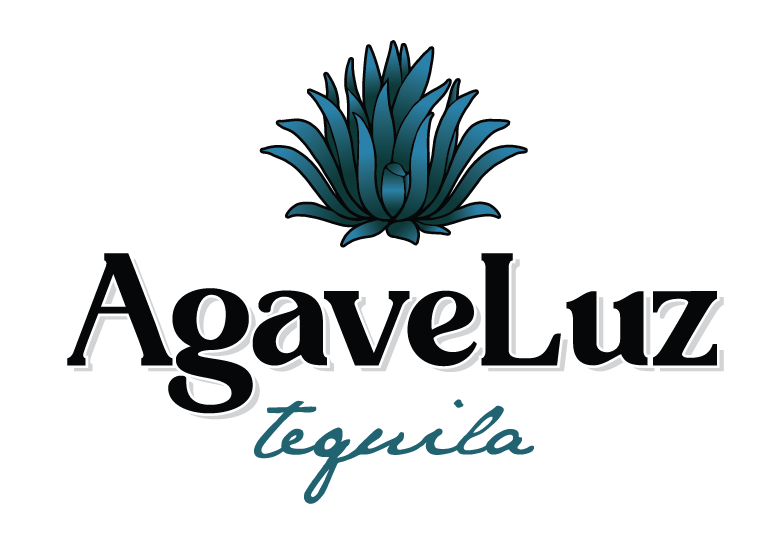
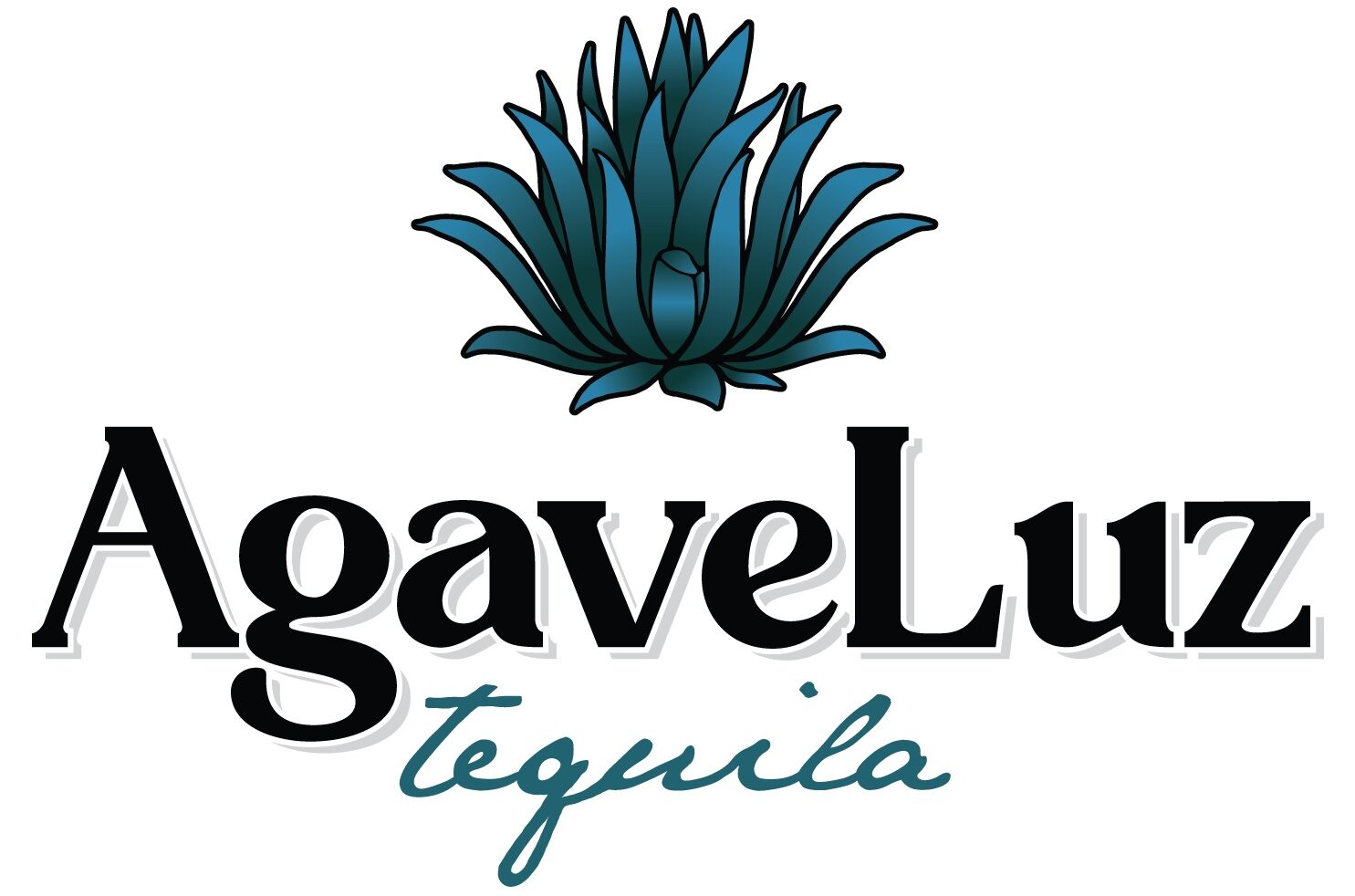
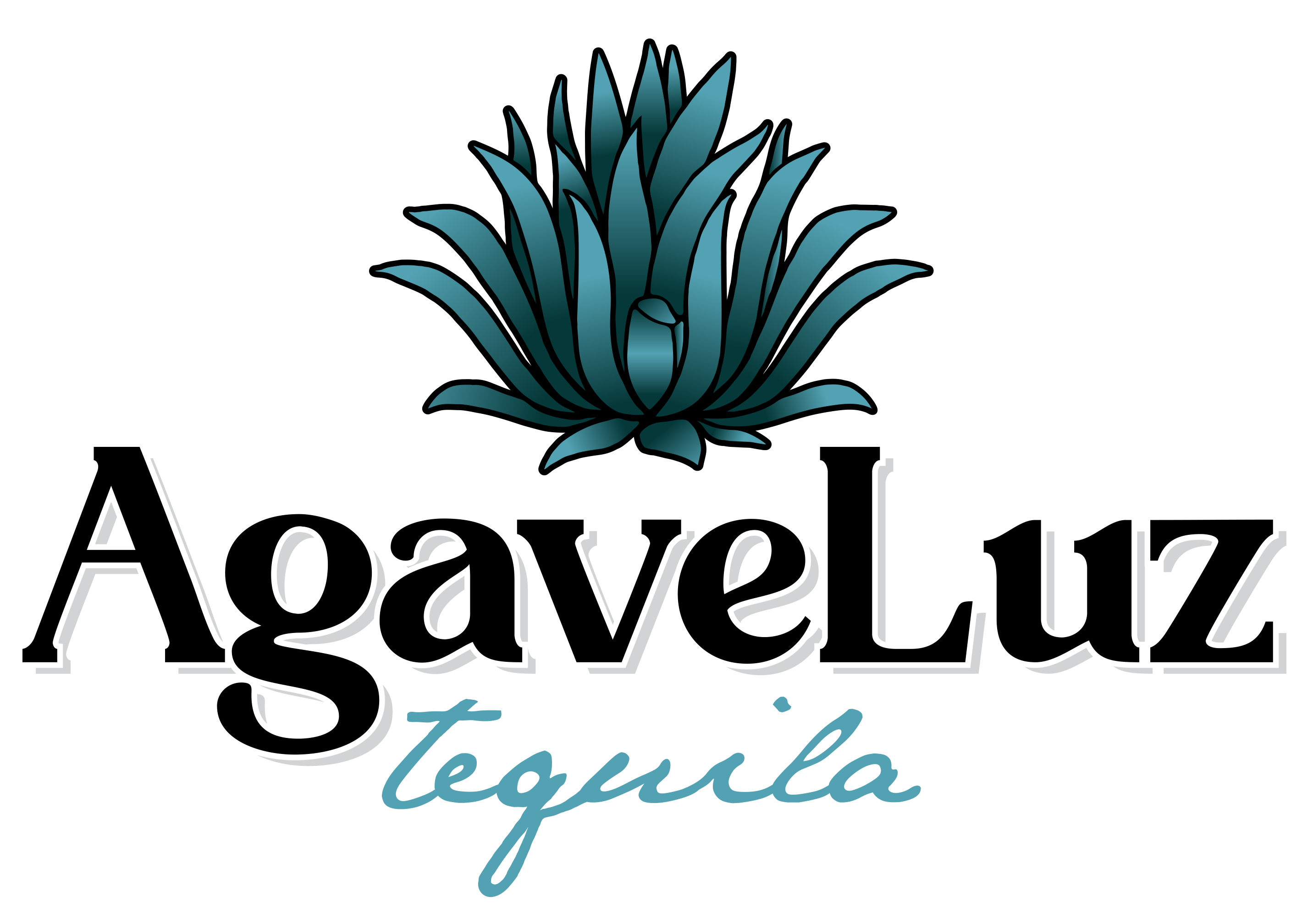

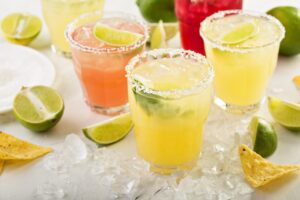 Sustainable Packaging
Sustainable Packaging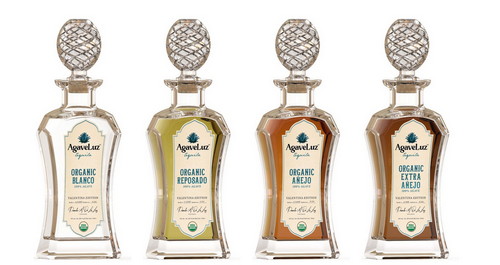















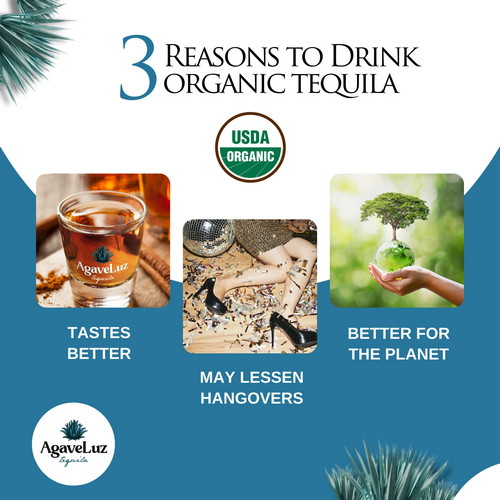
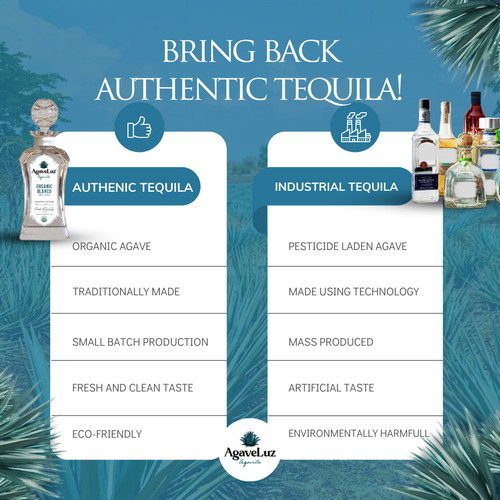

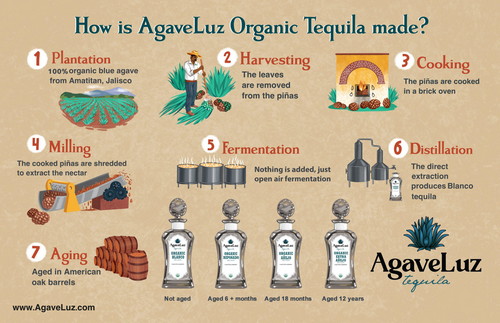

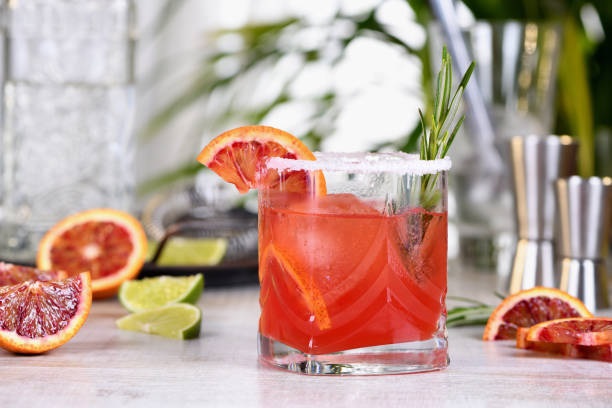
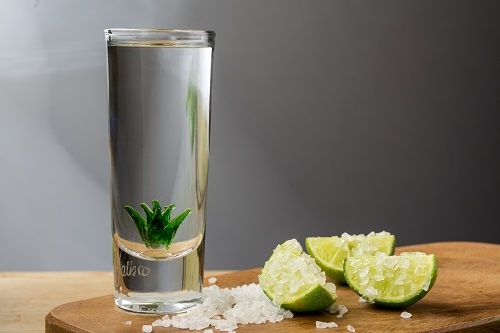
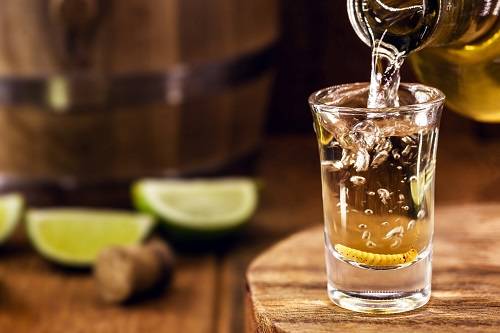
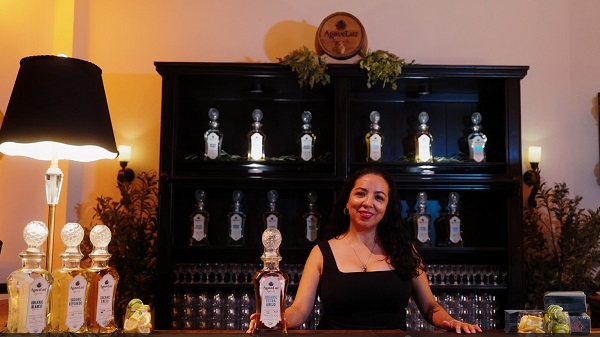

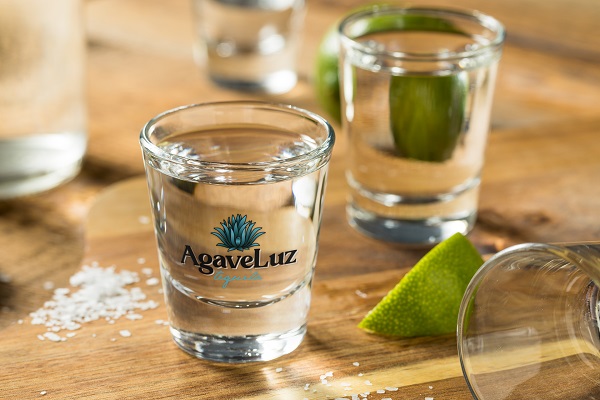

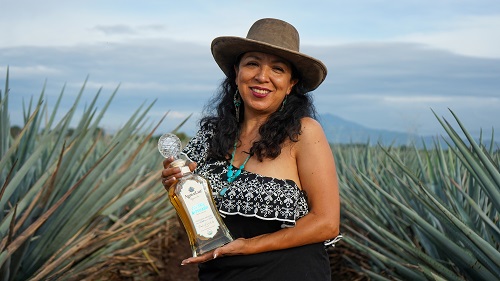
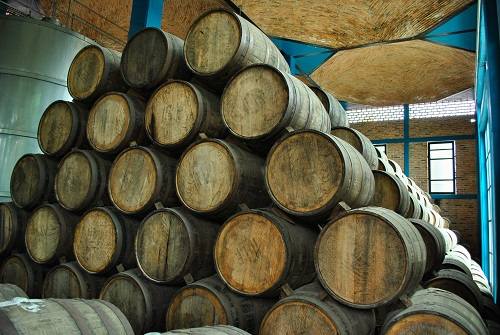
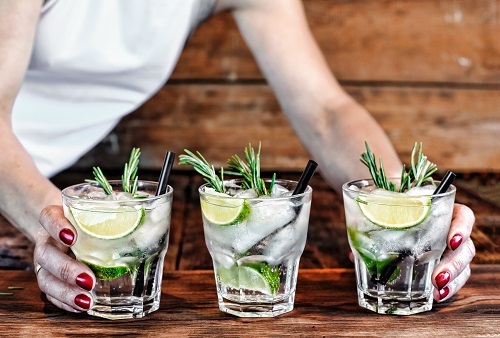
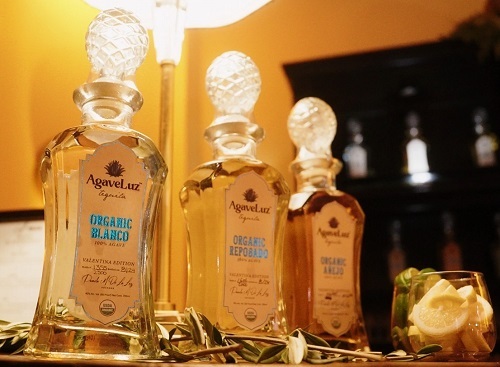



Post a Comment